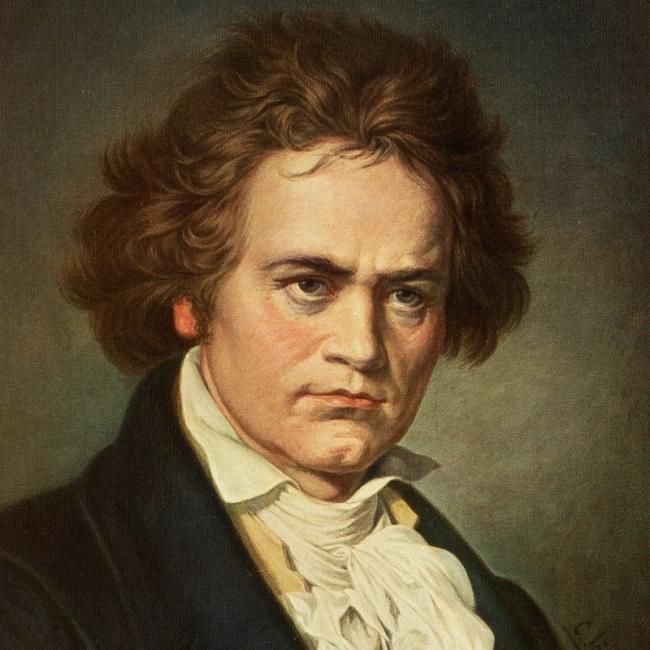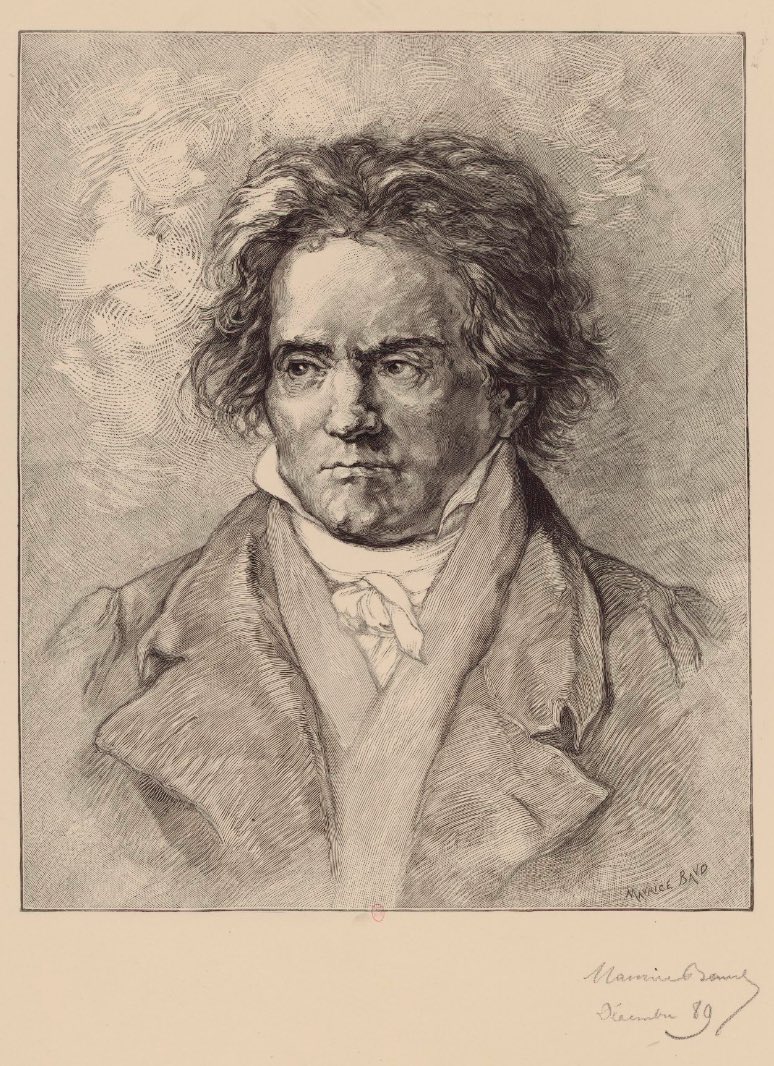
Does atonality exist? I find myself asking this question today, due to a recent conversation I had with @quirkin9till5 about this subject.
During our discussion the observations of @houghhough from his book “Rough Ideas” were mentioned...
1/10

During our discussion the observations of @houghhough from his book “Rough Ideas” were mentioned...
1/10


which pertain to the fact that pure diatonicism is factually sterile and pure atonality is a drab and muddy mass because it negates the magnetic pull of tonality.
2/10
2/10
What is atonality? If we look at how Schoenberg defines it, we read he—of all people—fiercely opposed the term:
3/10
3/10

Therefore, I prefer to refer to the methods of him and all others whose music actively attempts to deny the system of tonality as non-tonal.
4/10
4/10
First, let me emphasise I believe that which Mr Hough describes is true up to the point that he mentions atonality as a force in itself.
That, in my mind, would be like dividing music dualistically: life or death.
5/10
(Alfred Rethel)
That, in my mind, would be like dividing music dualistically: life or death.
5/10
(Alfred Rethel)

But in the spirit of Lodovico Settembrini: we can also view death as a part of life, and miserable moments in life (remote harmonies in a tonal framework) as indivisible from the richness and variety of life itself.
6/10
6/10
I would like to offer a slightly different perspective on this matter by postulating that atonal music does not exist—as long as we are using the twelve tempered tones of the Klavier it will always contain a “ghost of tonality” as in this piece:
7/10
7/10
Schoenberg's negation of tonality flows from an opposite logic which evolved from his notion of “suspended tonality” where all sorts of harmonies are used except that of the tonic.
His music is like a photographic negative to tonality's full-colour variant.
8/10
(Schoenberg)
His music is like a photographic negative to tonality's full-colour variant.
8/10
(Schoenberg)

In such total negation, do we not find tonality because it is so vehemently denied—because the exact opposite road is taken, away from that magnetic pull?
9/10
9/10
This is merely an observation, by no means academic or unshakeable truth: I may well be wrong and Mr Hough may well be right.
Nevertheless I wished to share this with you—feel free to change my mind!
10/10
Nevertheless I wished to share this with you—feel free to change my mind!
10/10
@threadreaderapp unroll
• • •
Missing some Tweet in this thread? You can try to
force a refresh










